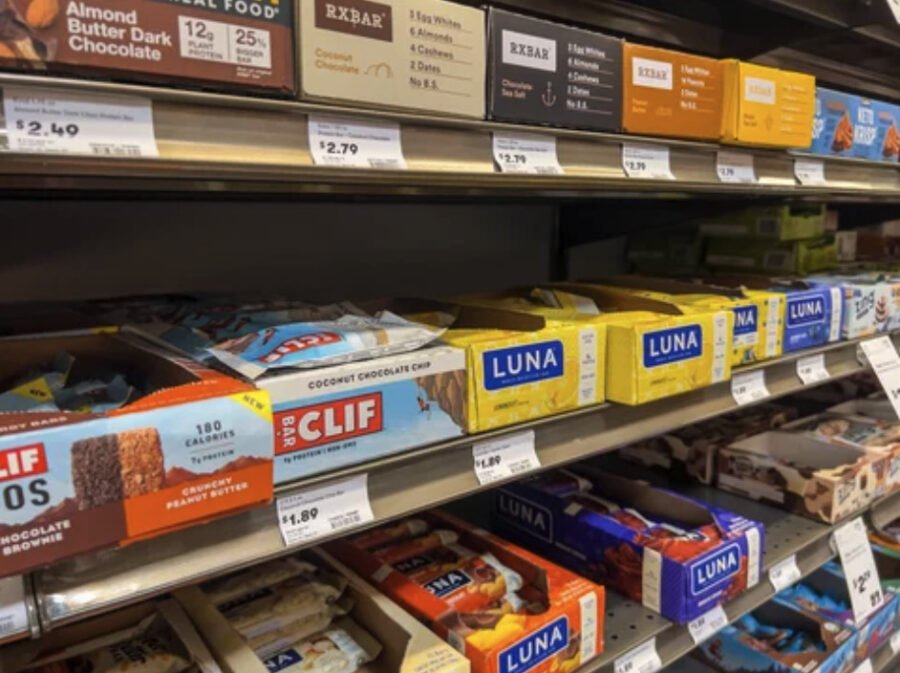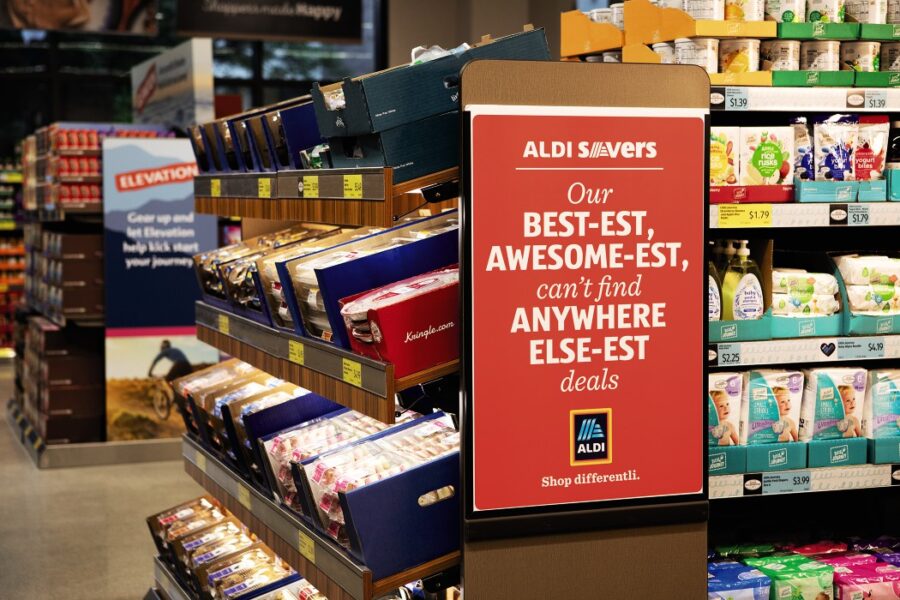Recent headlines featuring successful capital raises illustrate strong investor enthusiasm and robust confidence in innovative food brands.
Examples, such as David Protein Bars securing a $75 million Series A and Magic Spoon raising an $85 million Series B, signal ongoing interest in the industry’s evolution and growth. However, behind these impressive stories hides a much more complex reality: raising capital today is more challenging than ever.
Emerging and established food businesses alike are facing significant challenges securing the capital they need to drive growth. Current market conditions are challenging, impacting a business’s performance. Economic volatility, geopolitical conflicts, escalating input costs, tariff uncertainties, persistent inflation, supply chain disruptions, and cautious consumer spending have all affected business growth and profitability, leading to conservative dealmaking strategies. Compounding these challenges, venture capitalists, private equity investors, angel investors, and family offices have seen a surge in the number of proposals, resulting in heightened selectivity and thorough scrutiny.
The bar for capturing investors’ attention has never been higher. Therefore, there is an increased need to differentiate your business, brand, and product from the competitors.
For brands with soft recent performance, securing funding becomes even more challenging, as they need to craft a compelling narrative about past and future performance to show a clear and credible path to sustainable growth and profitability. The highest-quality capital for these brands comes from partners who not only offer patient capital but also bring sector expertise and meaningful industry connections.
The Hidden Costs
This precarious investment environment contributes to another issue: operational distraction.
An often overlooked aspect of raising capital is the strain it puts on company resources and the management team’s schedule, particularly that of the founder(s). Weeks or months can disappear into pitch preparation, narrative crafting, investor outreach, and due diligence. In a volatile market, this operational distraction can exacerbate performance issues at critical moments when management teams need to stay focused on driving their core business.
Additionally, prolonged fundraising endeavors often lead to deal fatigue, diminishing investor enthusiasm, lessening negotiation leverage, and ultimately influencing the quality of the capital obtained.
To avoid distractions and deal fatigue, companies should treat fundraising as a structured and strategic process. Preparation is key—aligning on metrics, refining the narrative, and establishing clear goals from the start. Involving experienced external help can streamline execution and protect management’s focus. A disciplined approach helps maintain investor interest and improves the chances of meeting initial goals as well as of bringing quality capital.
Seizing Market Share in Challenging Times
While securing funding poses many challenges in the current market, there is a significant strategic advantage for those who succeed.
Economic downturns often lead competitors to scale back operations or exit entire markets, creating opportunities for proactive businesses. Historically, companies that invest strategically during challenging times have outperformed their peers, capturing a greater market share and emerging as dominant industry players once conditions stabilize.
In the F&B sector, securing timely capital can lead to strategic investments, such as launching innovative products, gaining shelf space, expanding into underserved markets, enhancing marketing efforts, or streamlining supply chains—actions made possible by having strong financial backing at a time when competitors are less well-equipped.
Several brands illustrate how effectively navigating these challenging times can yield significant success.
Aside from the aforementioned successes of David Protein Bars and Magic Spoon, companies such as Good Culture (recently raising $64 million) and Oatly (with substantial backing from Blackstone) underscore how strategic clarity, compelling narratives, and alignment with savvy investors can help food brands thrive even during turbulent markets.
How to Increase Your Odds of Success
Navigating fundraising successfully is about strategic preparation. Here’s what brands should focus on:
- Craft a Compelling Story: You have about 30 seconds to capture investors’ attention. Clearly convey your brand’s unique value proposition, differentiation, and future potential.
- Anticipate Tough Questions: Be ready to address weaknesses and recent performance gaps proactively. Transparent, confident communication builds trust and credibility.
- Be Responsive and Organized: Swift responses keep investors engaged, conveying professionalism and preparedness.
- Articulate Clear Growth Plans: Investors require clarity on the key growth levers and how their capital will drive growth. Provide a detailed growth strategy, emphasizing milestones, strategic allocation of funds, and anticipated returns.
- Seek Smart Capital: Prioritize strategic alignment and cultural fit with investors just as much as valuation terms. The right partners can significantly enhance a business’s long-term growth potential.
Final Thoughts
Raising capital in today’s food sector can indeed be challenging, but approached strategically, it offers transformative potential. The proper preparation, partnership, and process can turn fundraising from a distraction into a powerful growth accelerator. For founders and leadership teams, the path to securing smart capital starts with asking the right questions—and having the right conversations.
About the Author
Alejandro Cola is the founder and managing director of Crescendo Strategic Advisors, an investment banking partner to food and beverage companies navigating high-stakes financial decisions. With nearly 20 years of banking experience, he helps businesses accelerate growth through M&A and capital-raising strategies. He welcomes conversations with F&B brands seeking insight on how to position themselves for success in today’s challenging market.












